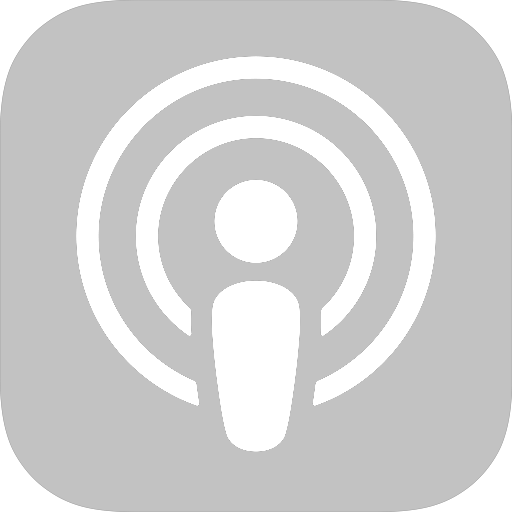
Librarians are seeking not to indoctrinate communities, but to have more representative collections.
Show Notes
The desire to try and stop people from reading certain printed material has been around since material was first printed. In the modern era, book banning has waxed and waned in popularity, experiencing peaks during McCarthyism and again in the 1980s. We’re now in the midst of another wave, mostly targeting books by people of color and LGBTQ identities. In 2022, the number of U.S. attempts to ban books hit the highest point since tracking began more than 20 years ago, according to the American Library Association. Not all of the 1,269 attempts last year were successful in actually removing books from shelves, but many were, and several were the result of efforts by coordinated groups with political ties. John Szabo, the head of the Los Angeles Public Library, has dealt with the challenges of library systems of all sizes all over the country, and now leads the nation’s largest. He joins Nadine Strossen, the former president of the American Civil Liberties Union and an expert in constitutional law, at the 2022 Ideas Festival for a conversation about why book banning is so alluring for some, and antithetical to the purpose and mission of a library. The Aspen Institute’s Elliot Gerson moderates the discussion.
Explore
Related episodes


In public forums and institutions all across America, people are arguing about what free speech means in the age of the internet. What are the rules, and are they the same in every context? What are the consequences of taking action against hate speech, and what are the consequences of not taking action? Is “cancel culture” real, and what is it? Are we in need of a fundame...


Today’s young people have not seen a lot of good examples of adults working together to solve problems. Generation Z is coming of age amidst daunting issues like climate change, gun violence, and a teen mental health crisis, and trusted adults seem few and far between to many of them. The rift goes both ways — Baby Boomers and Generation X also report distrust and dislike...


Does it feel like the quality of our national discourse has gone down in the last several years? You’re not the only one who’s noticed. It’s not individuals who have gotten stupider, says NYU social psychologist Jonathan Haidt, but it’s our collective intelligence that’s suffering. Institutions aren’t getting as much done, and leaders are making rash decisions under the pr...


Hate has unfortunately been a part of the United States since the founding of the country, enshrined at various times in policies and regulations, and showing up in the practices and everyday behavior of individuals. We have made progress in addressing some of those harms and removing some of the structural barriers people face, but we still have a ways to go as a society....


Are we experiencing a “crisis of connection"?” Fifty-four percent of American adults report that not a single person knows them well. Our political and social divisions are at the forefront of public life right now, and distrust is widespread. New York Times columnist David Brooks is on a mission to spread the skills of deep listening and engaged conversation, which lead t...









